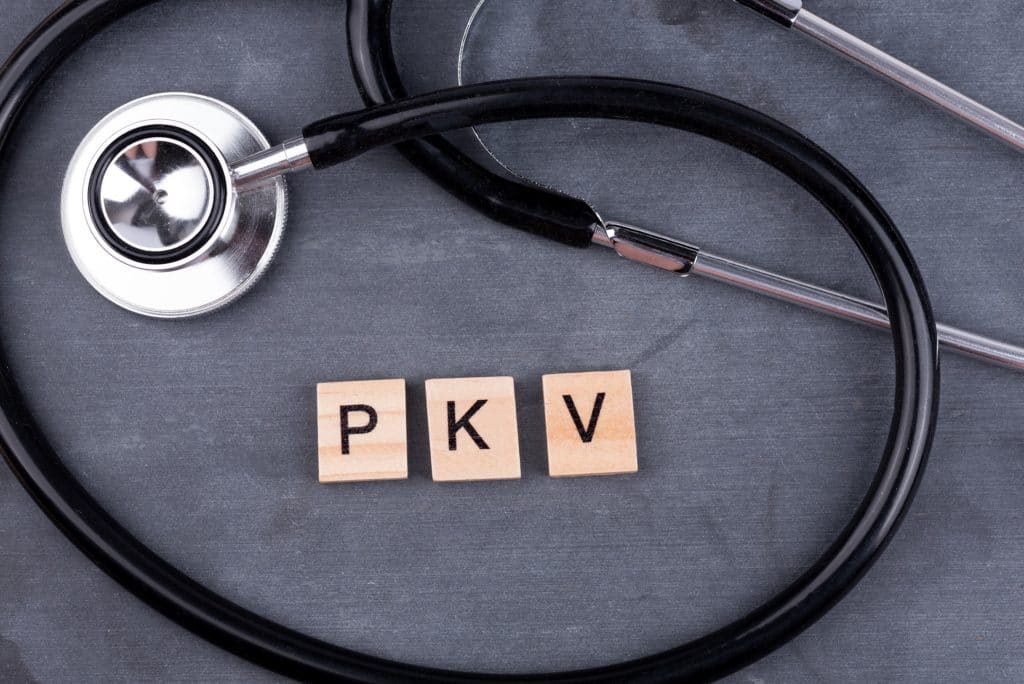Prison sentence for multiple fraud to private health insurance
The Munich district court sets penalty for pensioners, but on probation
Who is cheating on his private health insurance over a longer period of time, must reckon with a prison sentence. With a 25. March 2019, announced the judgment of the Munich district court imposed against a 61-year-old pensioner, a term of imprisonment of 14 months, which continued, however, to probation (Az.: 852 Ds 566 Js 216500/17).

From June 2011 to October 2013, former IT management consultant had submitted 16 bills a Doctor about services that had been provided never. A massage therapist had invented two bills also complete, and a further 16 due to services not rendered increases. Overall, the health insurance company paid so 13.550 Euro, which reached the half of the Insured to the Doctor or the Masseur.
As the motive of the man was, he didn’t want to leave any debt but had to raise from his income in a monthly rate of around 1,000 Euro up to 250 Euro for medicines. A further 50 euros per month, he should bother welshing on to his health insurance.
The competent Magistrate evaluated the actions as “fraud in particularly serious Fällen“. At the expense of the pensioner, they evaluated the number of false invoices and the duration of the fraud.
However, the Masseur had given, in spite of a against him is still ongoing criminal proceedings, the Initiative was assumed to be the Scam of him.
In addition, the district court noted that the health insurance have made the Scam very easily. Because the Doctor had provided for several patients in spite of different diagnoses identical treatments. The bills were immediately as not properly recognizable because the Doctor had not given a control number and an invoice number.
Therefore, and because of the pensioners ‘ credibly assured, pay off his debt, and in the future “orderly leben“ to want to be suspended by the judge, and the sentence of imprisonment to probation.
Both the pensioners and the public Prosecutor’s office refrained from immediately after the announcement to appeal. The judgment of the district court of Munich, from the 27. February 2019 is therefore already legally binding. mwo/fle

